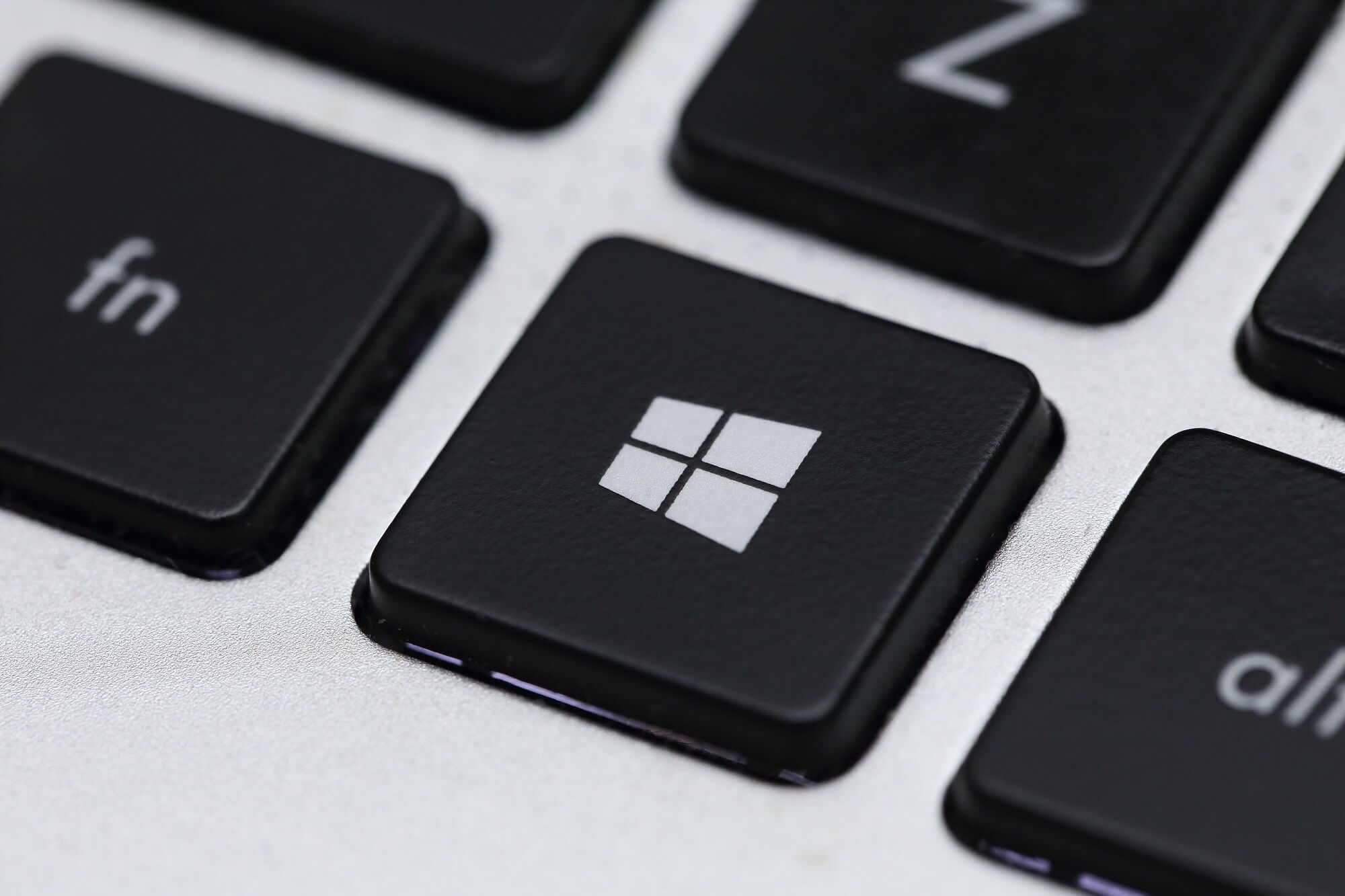Why it matters: Microsoft puts out constant updates for Windows 10, and there's a good chance you've installed some that introduce problems to a system. Now, for those serious instances when a patch causes startup issues, the OS will identify the last installed update and automatically remove it.
As spotted by Windows Latest, Microsoft recently published a support document that answers "Why were recently installed updates removed?" The company writes that these updates and patches "keep your device secure and running at peak efficiency," but they occasionally run into incompatibility issues.
If a PC fails to start following a Windows 10 update and reboot, users may see a notification that reads: "We removed some recently installed updates to recover your device from a startup failure." Microsoft says this only happens when all other automatic recovery attempts have been unsuccessful.
Once an update has been removed, Windows 10 will prevent it from installing automatically for the next 30 days, giving Microsoft and its partners time to investigate and hopefully fix any issues.
Users can manually reinstall any updates that were uninstalled, but they will be removed again if Windows 10 still doesn't start.
Microsoft said that all editions of Windows 10 will receive the feature.
Last week, it was discovered that Microsoft's latest cumulative update had caused performance issues with games and mice. Sadly, it seems Windows 10 won't be automatically uninstalling updates in these cases, that only happens when a system fails to start.
Despite its problems over the years, Windows 10 passed 800 million installs recently and is expected to reach the long-awaited one billion milestone later this year.
Image credit: charnsitr via Shutterstock
